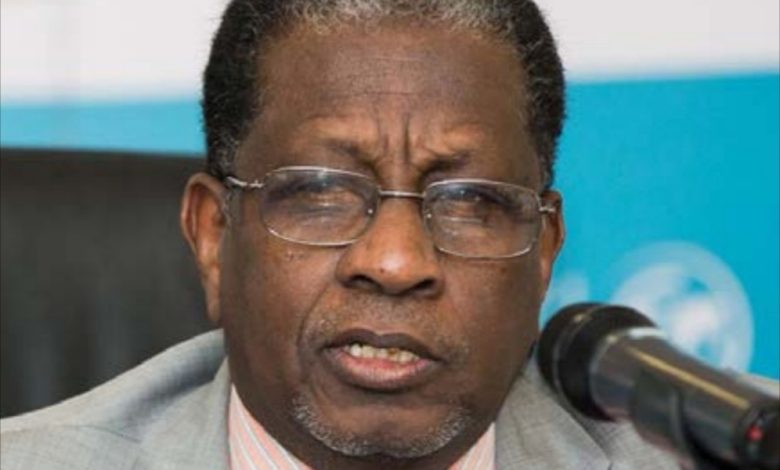Opinion
Sudan’s RSF and the Quest for a Project (1-3)

Tigani Abdelkader Hamed
September 27, 2023
(Translated by: Ramadan Ahmed)
I wrote a post on my Facebook page four years ago (June 28, 2019) about General Mohamed Hamdan Dagalo (Hemetti) as an example of an ambitious Sudanese politician. In that post, I used a case study approach as an adequate theoretical method to examine the nitty-gritty of the phenomenon and its interactions. I also considered it a practical way to expand options for decision-makers and inform them about similar experiences that have occurred recently, either temporally or geographically, so they can avoid reproducing failed ventures.
Based on this, I took a closer look at the “Libyan case” under Colonel Muammar Gaddafi’s rule because I saw parallels with the Sudanese reality after the fall of the Salvation Government in April 2019. These parallels included the deliberate dismantling of state institutions (especially the military institution), tribalisation of power, and Gaddafi’s audacity in restructuring Libyan society. This process allowed him to stay in power for more than forty years but ultimately led to the collapse of his regime.
I believed there are similarities between what Colonel Gaddafi did in Libya in the past and what I perceived that General Mohamed Hamdan Dagalo (and his secret supporters both domestically and internationally) was attempting in Sudan. I argued that the phenomenon of Hemetti was dangerous and threatened Sudan’s national security. It was not enough to respond with ridicule and mockery.
Some readers objected to this comparison, arguing that Sudan was not Libya, Hemetti was not Gaddafi, and the Sudanese political landscape had matured where tribal formations had no place and political elites could not be bought. Hemetti was not a sultan nor a kingmaker. At that time, the Sudanese revolution was still in its infancy, and pictures of Hemetti were being raised high in the protest squares.
Then, one month after my article (on July 30, 2019), the Rapid Support Forces (RSF) Act was amended, giving it broader powers, and Hemetti became the undisputed second man in the country. Over the next four years (April 2019 to April 2023), he turned the RSF into what is now known as the “Dagalo Empire.” Their numbers increased from ten thousand to nearly one hundred thousand, and they received dozens of tanks and armoured personnel carriers (from a friendly state!). They established bases and camps in all Sudanese states and set up approximately 80 pivot sites, including the General Command, the Republican Palace, the Operations Authority, Radio and Television, and the main bridges in the capital. The force’s management possessed an advanced communications network and more than 50 commercial companies inside and outside Sudan. Hemetti could now pay his soldiers and officers salaries that equalled multiples of what soldiers and officers in the regular armed forces received. He could promote, demote, transfer, integrate, impoverish, and enrich. He distributed military ranks like candy, promoting a soldier from a corporal to a major or colonel with a pen stroke and removing a colonel from military service records.



